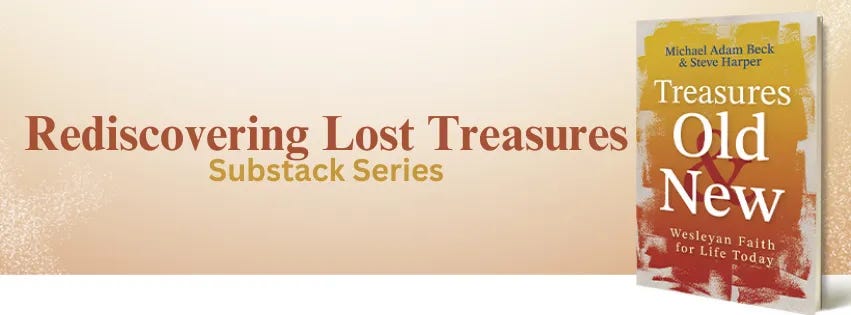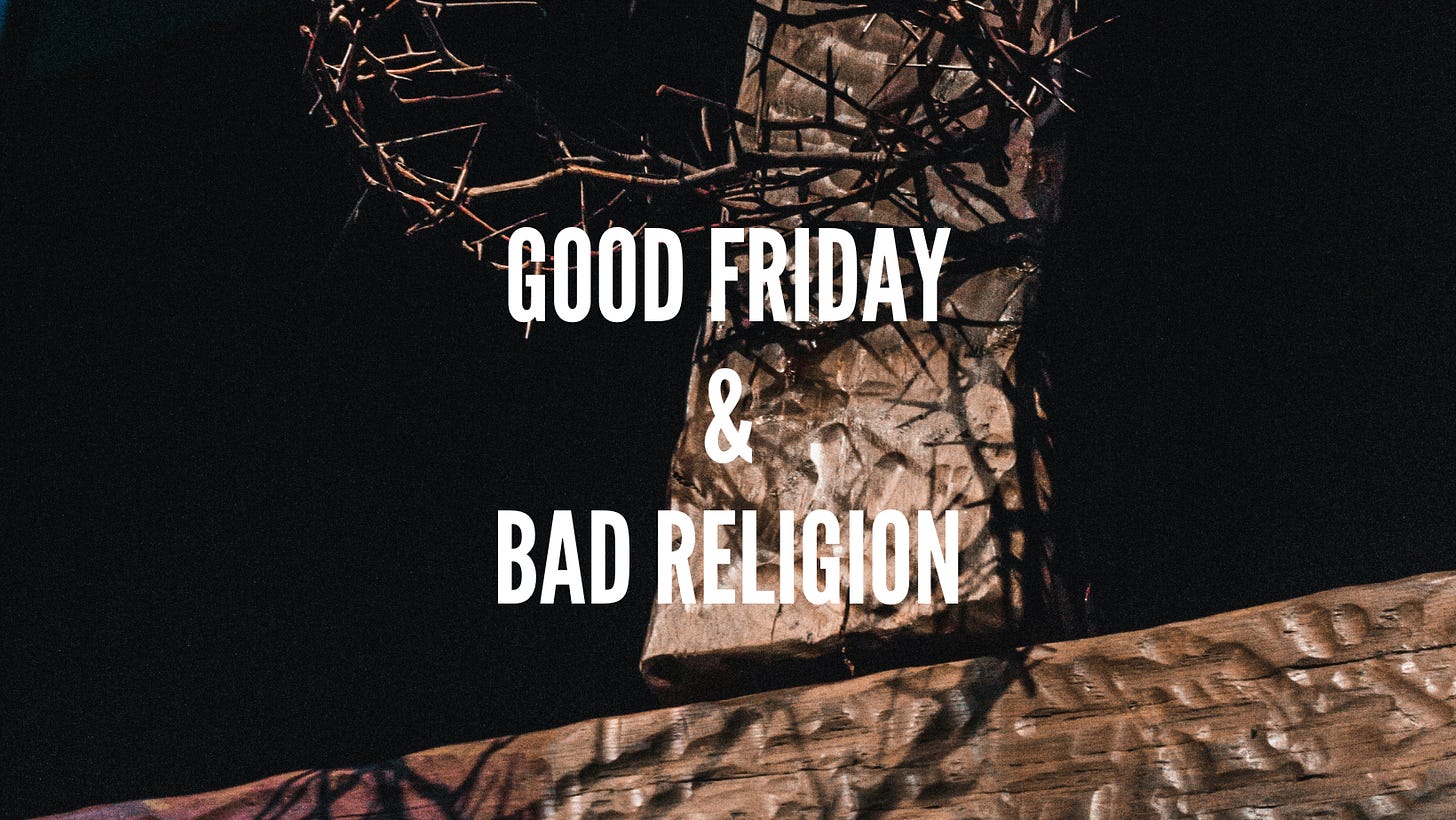It’s easier to settle than be sent.
The gravitational pull of settling into the familiar, the comfortable, the institutional security, often overcomes the tug of the Holy Spirit into the unknown, the uncharted, and the risky.
But what is lost when we compromise being sent, for being settled?
There is a difference between a church that exists to preserve itself and a movement that exists to transform the world.
From its origins, Methodism was never simply an organization—it was a Spirit-fueled movement. A fire in the fields. A holy disrupter. It stirred hearts, rattled institutions, and brought life to those forgotten by the religious elite. Perhaps all of our contemporary complexity, hierarchy, and structure, inhibits us from getting in touch with those movemental roots. And yet, recovering the mentality of a movement may be our greatest hope.
Movement Over Mechanism
Institutions are not inherently bad. In fact, we need them to flourish as a society. But when preserving the institution becomes the mission, we lose the larger plot. A movemental mindset does not reject structure, but it refuses to let the structure define the Spirit’s work. Early Methodism embodied this beautifully. It was flexible, subversive, and Spirit-led… a kind of ecclesiola en ecclesia, a little church within the big Church, aimed not at rebellion but renewal.
Methodism’s earliest critics were not secular outsiders, they were religious insiders. Power holders. Sacred-cow feeders. Institutional settlers. Those most threatened by the subversive nature of a movement that privileged field preaching over polished pulpits, laypeople over clerical control, and holy living over denominational status. Yet despite the institutional opposition, the movement endured.
We must rediscover this endurance, this Spirit-fueled resilience, not rooted in nostalgia but in openness to God’s new thing. We are not prisoners of the past. We are a Pentecost people, free to dream dreams and see visions (Acts 2:17). We’re called to be new wineskins (Mark 2:22), flexible, fresh, and faithful. And most of all, we are called to move.
Five Marks of a Movement
Movements are more than moments of passion. They embody particular mindsets. Here are five gifts the movement mentality offers us:
Permission to Innovate – We are not bound by “we’ve never done it that way before.” God is always doing a new thing (Isaiah 43:19), and we are invited to be co-creators. Not novelty for novelty’s sake, but faithful innovation for the sake of the gospel.
Progressive Revelation – We cherish the voices of our spiritual ancestors, but we don’t fossilize them. Movement people bring out old and new treasures (Matthew 13:52), not as museum curators, but as living practitioners of a faith that evolves in conversation with the Spirit and the world.
Radical Locality – God goes local. The Spirit speaks in specific places, among particular people. Movements ask, “Who are these people, and how can I be with them in such a way that they become what God is making them?” (Eugene Peterson). This is incarnational, relational presence—not platform-driven performance.
Networked Community – Movements don’t rely on a single hub. They form webs of relationships. Fresh Expressions of Church are doing this already—knitting networks across dinner tables, tattoo parlors, food trucks, and parks. Each expression may look small, but the network is growing every day.
Simplicity and Reliance on God – Movements travel light (Luke 10:4). We don't carry excess baggage—purses, sandals, or bloated budgets. We don’t come as hosts, but as guests. We lead not from control, but from mutuality and vulnerability. We rely not on our own power, but on the Spirit’s.
A Treasure for Today’s Church
The movement mentality is not a relic. It’s a roadmap. It’s a New Testament pattern, especially visible in Luke 10:1-9. Jesus didn’t tell his followers to build worship centers and wait for guests to arrive, the settler mentality. He sent them out two by two, traveling light, dependent on the hospitality of others, vulnerable, flexible, and fully alive. The instructions were simple: look for persons of peace. Don’t dominate. Don’t control. Show up. Listen. Be present. Discover peace. Reciprocate peace.
This is not only a biblical vision—it is the hidden treasure buried beneath our contemporary Christian rubble.
And we’re starting to rediscover it.
Thousands of fresh expressions now dot the post-Christendom landscape. Most are small and unassuming—micro-communities sharing burritos, tattoos, conversation, or a hot cup of coffee—but if you zoom out, you’ll see they form a vast and interconnected web. These expressions are not new in the truest sense; they are ancient. They drink from the same wells that nourished the church in her first 300 years. From the desert mothers/fathers to the Celtic way, from the Beguines to Luther, and on to early Methodists, movements have always emerged in times of decline and transition to remind us of who we are.
The Motion of Love
Movements are about motion, but not speed. This movement isn’t fast. It’s not flashy. It’s slow, relational, and deeply human. It unfolds at the pace of grace. It’s not about “church growth,” it’s about kingdom presence. Not about “saving” the institution—but embodying Jesus with the people God places in front of us.
The movement is the motion of love. Love that moves toward others. Love that makes space. Love that risks vulnerability. Love that shows up.
A heart strangely warmed on Aldersgate Street started a wildfire in the fields of Bristol. That fire still burns. But it can’t be contained in pews or programs or polished buildings. It must be carried out—like a lamp on a hill. Or it will die under the bushel basket of institutionalism.
A Call to Rediscover the Movement
Let’s be honest—we’ve built it, and they haven’t come. Maybe it’s time to go again. To return to the streets, the cafes, the parks, the workplaces. Maybe it’s time to rediscover what it means to be a sent people, not only a settled one. We need both. Sent and settled. Movement and institution. Deep roots, wild branches.
I confess that at times I have entertained the pull to settle. Retreating into a denominational position, a comfy desk job with a big salary, is sometimes more appealing than keeping two feet firmly planted in the mess of local ministry in a time of religious and political upheaval. Being present with people in the pain of this historical moment takes a toll. Yet the world needs a sent people right now. People sent into the everyday ordinary places and rhythms of life, to cultivate community amid a pandemic of loneliness.
Maybe it’s time to expand the church-as-destination by recovering the church-as-movement.
Let’s reclaim the original DNA of our movements. Let’s move lightly. Let’s build networks. Let’s go local. Let’s love deeply. Let’s drink from ancient wells and pour new wine into flexible skins.
Let’s rediscover the movement.








